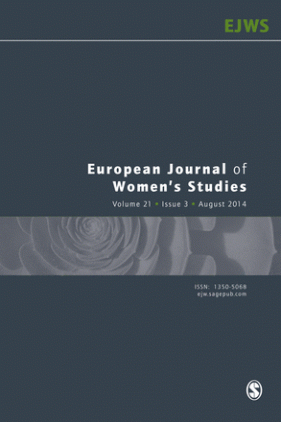Frozen children and despairing embryos in the ‘new’ post-communist state: Debate on IVF in the context of Poland’s transition
W "European Journal of Women's Studies" ukazał się artykuł Magdaleny Radkowskiej-Walkowicz "Frozen children and despairing embryos in the ‘new’ post-communist state. Debate on IVF in the context of Poland’s transition".
Obecnie jest on dostępny w trybie OnlineFirst: http://ejw.sagepub.com/content/early/recent.
Abstract
In vitro fertilization (IVF) technology has been in use in Poland for over 25 years with success and social approval, but it is still not regulated under Polish law. The current debate over different non-medical aspects of reproductive technologies in Poland is extremely heated and highly politicized. Politicians on the right, Catholic clergy and some journalists use very radical language and criticize IVF as a technique that plays with the lives and deaths of thousands and thousands of children. The aim of this article is to follow the Polish debate on IVF in the context of Poland’s transition, which is marked primarily by two events: the collapse of communism in 1989 and access to
the European Union in 2004. The article shows that the IVF debate concerns not only moral choices or legal regulation, but also citizenship, nation, state, and the role of the Catholic Church within. Moreover, it creates new citizens: frozen embryos, which being independent persons, have the right to life, ‘dignity’ and care. The history of IVF in Poland reveals the different tensions in the Polish transition to liberal democracy and it can be used to view a ‘big’ history of the Polish transition. It is one of the micro-histories which make this big story about Poland after 1989. Analyses of both the abortion debate and the IVF debate in Poland show that the process of democratization is very much connected with limiting women’s reproductive rights, including the right to choose infertility treatment.



